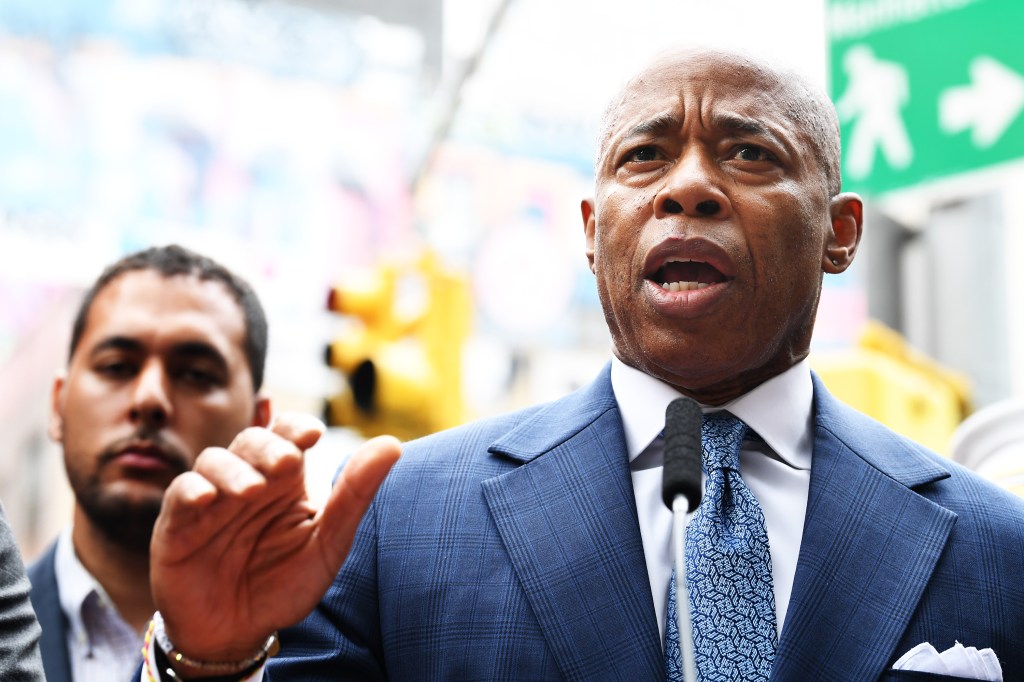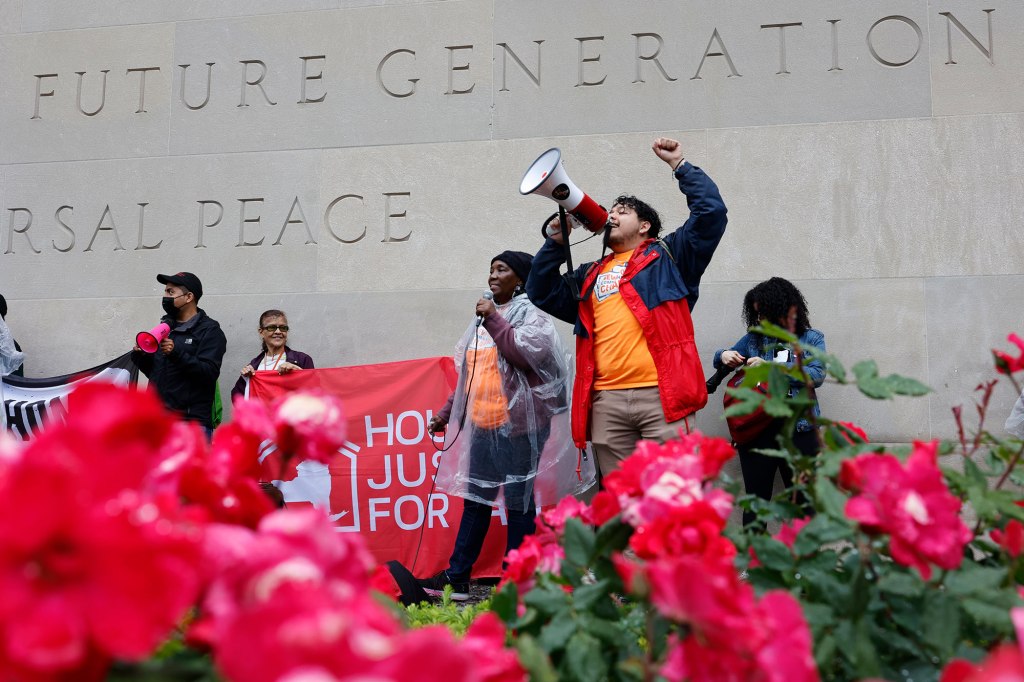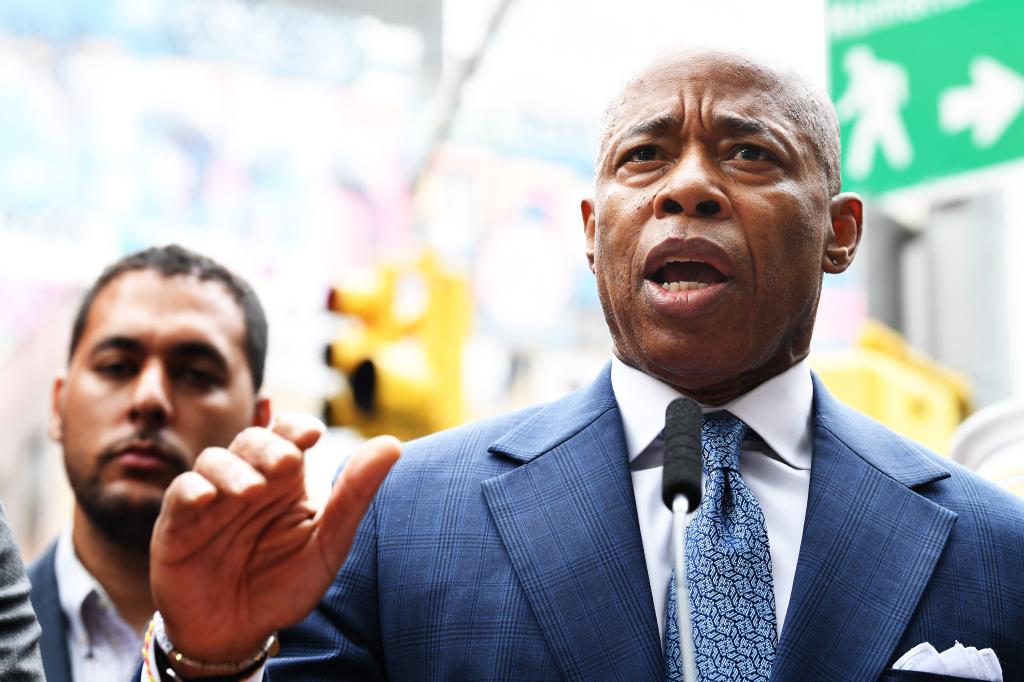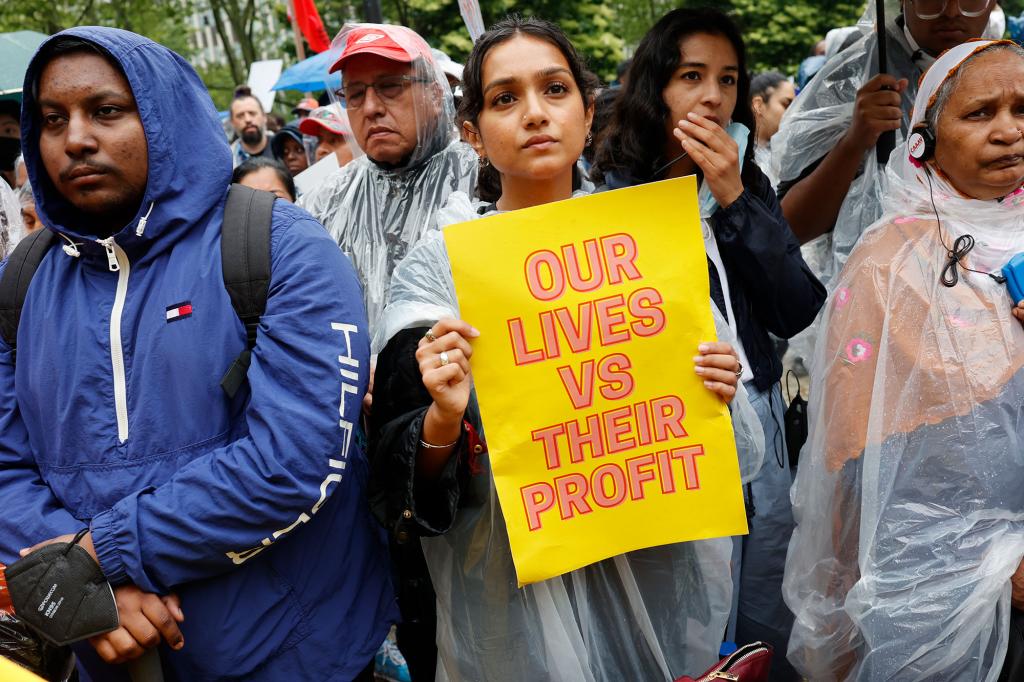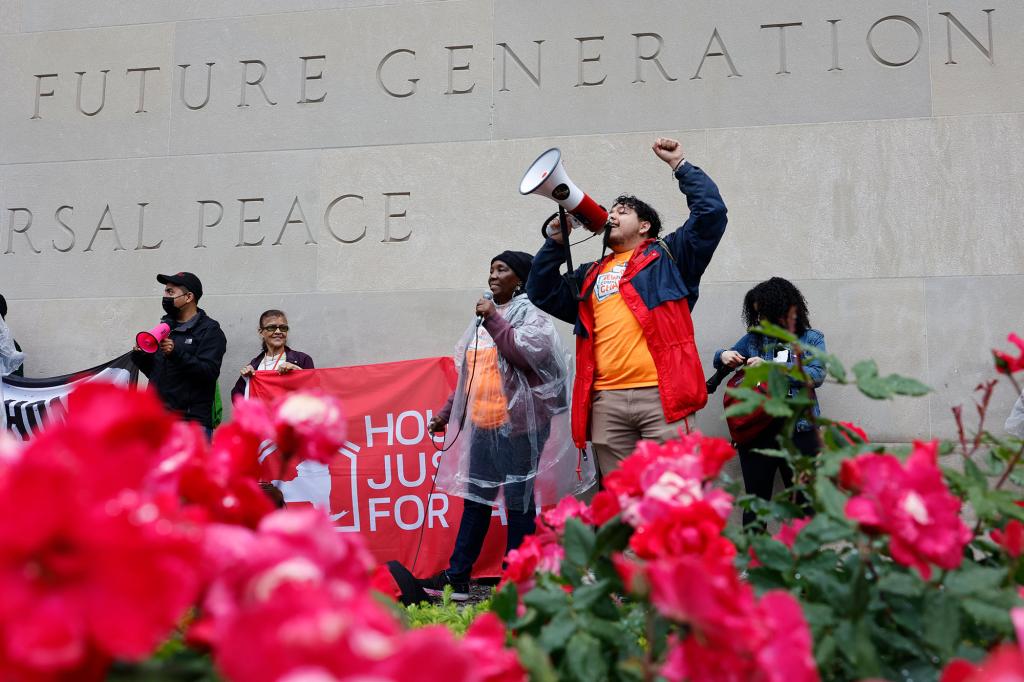NYC Rent Board narrowly approves hikes of up to 6% for stabilized apartments
Contact The Author
The rent just got a bit higher!
New Yorkers who live in the one million rent-regulated apartments across the Big Apple could see their rents jump by as much as 6% come October, following a contentious Wednesday night vote by the city’s rent board.
The 5-4 decision from the Rent Guidelines Board, which was lambasted by tenant advocates and landlords alike, allows building owners to increase monthly payments by up to 3% for a one year lease.
Increases on two year leases would be capped at 2.75% in the first year and then another 3.2% in the second year. That’s a 6% jump by the end of the lease, but it averages 4.4% over the two years because of the staggered nature of the increases.
The increases would apply to leases issued or renewed from October through September 2024.
A tenant with a $2000 rent who opts for a two-year lease renewal could see their monthly payment rise to $2055 in the first year and then rise again to as much as $2120.76 in the second year.
Mayor Eric Adams quickly issued a statement applauding the Rent Board’s proposal, which came after he pushed back when the board initially signaled hikes on two-year leases could be as high as 7%.
“I want to thank the members of the Rent Guidelines Board for their critically important and extremely difficult work protecting tenants from unsustainable rent increases, while also ensuring small property owners have the necessary resources to maintain their buildings,” he said.
“Finding the right balance is never easy, but I believe the board has done so this year,” he added.
Hizzoner appoints all nine members to the board.
It’s the first time since the Bloomberg administration that the Rent Board has signed off on rent increase caps of 3% or more for one-year leases.
Rent stabilization covers approximately one-third of all of the housing in the five boroughs, mostly apartments in larger buildings that were constructed before the mid-1970s.
Throughout the process this year, landlords contended they needed a substantial hike because inflation and soaring energy costs had put a significant crimp in building finances, while tenants cited those same pressures as reasons they could not afford to pay more.
Representatives for both assailed the final vote: building owners claimed it did not provide an increase large enough to keep buildings in good condition, while social service groups claimed it would force more evictions.
“If we continue on this trajectory, there won’t be any rent-stabilized housing left for people to live in,” said Jay Martin, who represents landlords with rent-stabilized apartments.
The Legal Aid Society, equally unhappy for opposite reasons, said: “With tonight’s vote to increase rents for some of our most vulnerable neighbors, more New Yorkers will find themselves displaced from their homes and communities onto the streets or in local shelters.”
Protestors gathered outside of Hunter College’s Assembly Hall on the Upper East Side before the vote to demand the City Hall-controlled board hold rents flat — and then poured inside to continue the raucous demonstration.
Disabled retiree Paulette James made the long trip to Manhattan from the apartment in Flatbush where she’s lived for nearly two decades to protest the hike of her rent, which is roughly $1,000.
“When I first got the apartment it was 600 and some dollars. Now it’s over $1,000,” James said. “They want to throw a senior on the street. Tell me is that fair?”
Another retiree from Flatbush, Beverly Rivers, 67, made the trip, too, because she said also couldn’t afford to pay anymore.
Never Miss a Story
Sign up to get the best stories straight to your inbox.
Thanks for signing up!
“It’s already high. Too damn high, for real” she said, pointing to the squeeze placed on her budget by the recent inflation surge, which caused food prices and other costs to jump. “If it goes up we really can’t buy food. We already are having trouble affording food.”
The final vote came after a month after the Rent Board signaled through its preliminary vote that it would allow rent hikes of 2-5 percent for one year leases and 4-7 percent for two year leases.
That meeting was interrupted by an extraordinary protest from tenant activists and lefty city council members, who rushed the stage and temporarily stopped the proceedings after they took the microphones from the rent board members.
The front rows of seats in the Assembly Hall were kept empty to put additional space between the rent board members on the stage and the 200-plus protestors who crowded in.
That didn’t stop the crowd from loudly booing when the landlord representatives on the board asked for the top end of the preliminary range, or cheering when the tenant representatives pushed for a 0% increase on one year leases and a 2% increase on two year leases.
Both of those proposals lost by votes of 2-7.
Initially, landlords had sought an increase of as much as 14%.
“The RBG ignored their own data and instead played to the intimidation of radical politicians and activists, depriving the largest providers of affordable housing of the revenue they need to keep up with skyrocketing costs,” said the Rent Stabilization Association, another major group of landlords, in a statement.

